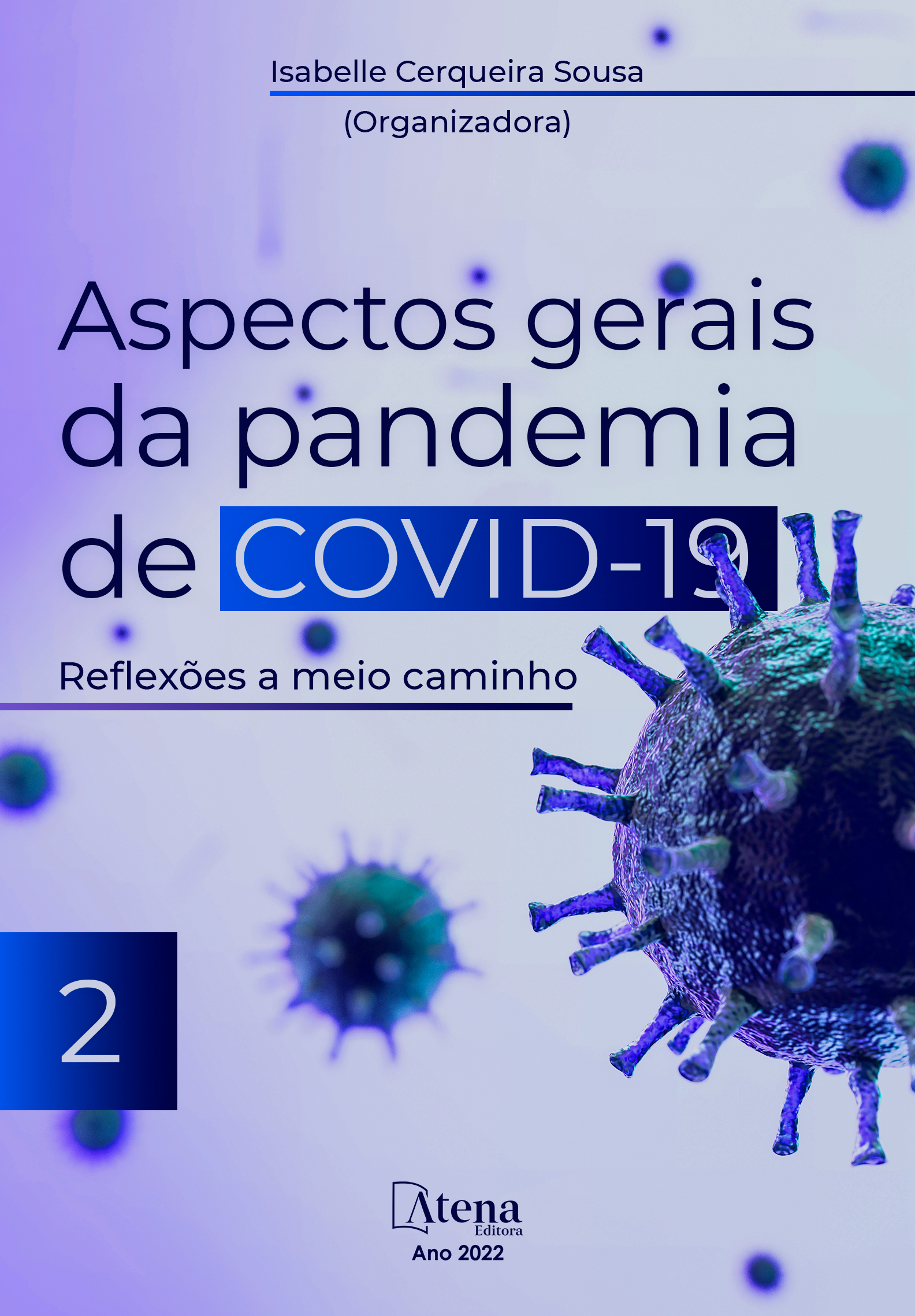
PROCRASTINACIÓN ACADÉMICA EN ESTUDIANTES UNIVERSITARIOS PERUANOS DURANTE LA EMERGENCIA SANITARIA POR COVID-19
Los estudiantes de pregrado tienen una serie de responsabilidades académicas como parte de su plan de estudios, sin embargo, debido a la emergencia por el COVID-19 se habrían modificado sus patrones de comportamiento, aumentando las posibilidades de que procrastinen. Por ello, el objetivo de la presente investigación fue analizar la procrastinación académica en estudiantes universitarios peruanos durante la emergencia sanitaria por COVID-19. El enfoque fue cuantitativo, el diseño no experimental y el tipo, descriptivo de corte transversal. La muestra estuvo conformada por 206 estudiantes de la carrera profesional de Enfermería a quienes se les aplicó la Escala de Procrastinación Académica, instrumento con la validez y confiabilidad requerida. Después de la aplicación de los instrumentos, las respuestas fueron sistematizadas y analizadas a través del programa estadístico SPSS® versión 22. De acuerdo a los resultados se determinó que el 39,8% de los estudiantes presentaban altos niveles de procrastinación académica. En cuanto a sus dimensiones, el 43,2% tenía bajos niveles de autorregulación académica y el 38,8% presentó altos niveles de postergación de actividades. Por otro lado, se determinó mediante la prueba Chi Cuadrado que algunas variables sociodemográficas como el sexo y el grupo etario se asociaban de manera significativa con la procrastinación académica (p<0,05). Se concluyó que los estudiantes se caracterizaban por presentar altos niveles de procrastinación académica, por lo cual resultaba imperativo que las instituciones de educación superior elaboren y desarrollen programas psicoeducativos de intervención orientados al desarrollo de ciertas habilidades como la autorregulación académica, la gestión y organización del tiempo, así como las estrategias metacognitivas para que los estudiantes destierren las prácticas dilatorias y desarrollen oportunamente sus responsabilidades académicas.
PROCRASTINACIÓN ACADÉMICA EN ESTUDIANTES UNIVERSITARIOS PERUANOS DURANTE LA EMERGENCIA SANITARIA POR COVID-19
-
DOI: 10.22533/at.ed.8822216057
-
Palavras-chave: Procrastinación académica, autorregulación académica, postergación de actividades, universidad, COVID-19.
-
Keywords: Academic procrastination, academic self-regulation, postponement of activities, university, COVID-19.
-
Abstract:
Undergraduate students have a series of academic responsibilities as part of their study plan, however, due to the COVID-19 emergency, their behavior patterns have changed, increasing the chances that they will procrastinate. Therefore, the objective of this research was to analyze academic procrastination in Peruvian university students during the health emergency caused by COVID-19. The approach was quantitative, the design was non-experimental and the type was descriptive cross-sectional. The sample consisted of 206 Nursing students to whom the Academic Procrastination Scale was applied, an instrument with the required validity and reliability. After the application of the instruments, the answers were systematized and analyzed through the statistical program SPSS® version 22. According to the results, it was determined that 39.8% of the students presented high levels of academic procrastination. Regarding its dimensions, 43.2% had low levels of academic self-regulation and 38.8% had high levels of procrastination of activities. On the other hand, it was determined using the Chi Square test that some sociodemographic variables such as gender and age group were significantly associated with academic procrastination (p<0.05). It was concluded that students were characterized by high levels of academic procrastination, for which it was imperative that higher education institutions develop and develop psychoeducational intervention programs aimed at developing certain skills such as academic self-regulation, time management and organization, as well as metacognitive strategies for students to banish dilatory practices and timely develop their academic responsibilities.
-
Número de páginas: 17
- Jimmy Nelson Paricahua Peralta
- Néstor Antonio Gallegos Ramos
- Karl Herbert Huaypar Loayza
- Edwin Gustavo Estrada Araoz


